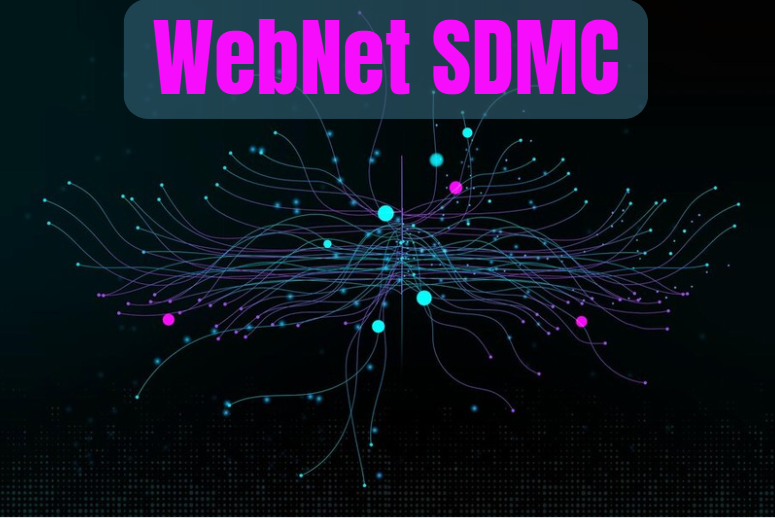Quantum computing is one of the most exciting and transformative technologies of our time. It promises to revolutionize industries, solve complex problems that are currently intractable, and unlock new possibilities in science, technology, and beyond. This article delves into the fundamentals of quantum computing, its potential applications, and the current state of the field.
Contents
1. Understanding Quantum Computing
What is Quantum Computing?
Quantum computing harnesses the principles of quantum mechanics, a fundamental theory in physics that describes nature at the smallest scales, such as particles and atoms. Unlike classical computers, which use bits to process information as 0s or 1s, quantum computers use quantum bits or qubits.
Qubits and Superposition
- Qubits: The basic unit of quantum information. A qubit can exist in a state of 0, 1, or both simultaneously, thanks to a property called superposition.
- Superposition: This allows quantum computers to process a vast amount of information simultaneously, providing exponential speedup for certain computations compared to classical computers.
Entanglement and Quantum Gates
- Entanglement: A phenomenon where qubits become interconnected, such that the state of one qubit can depend on the state of another, no matter the distance between them. This property enables complex quantum computations.
- Quantum Gates: Operations that change the state of qubits, analogous to logical gates in classical computing. They manipulate qubits through superposition and entanglement to perform computations.
2. Potential Applications of Quantum Computing
Cryptography
- Breaking Classical Encryption: Quantum computers could potentially break widely-used encryption methods, such as RSA and ECC, by efficiently factoring large numbers and solving discrete logarithm problems.
- Quantum Encryption: Conversely, quantum mechanics offers new encryption methods, such as quantum key distribution (QKD), which can theoretically provide unbreakable security.
Drug Discovery and Material Science
- Molecular Simulation: Quantum computers can simulate molecular interactions at a quantum level, leading to breakthroughs in drug discovery, materials science, and chemistry. This could accelerate the development of new medications and materials.
Optimization Problems
- Logistics and Supply Chains: Quantum computing can optimize complex logistics and supply chain problems by evaluating numerous potential solutions simultaneously, enhancing efficiency and reducing costs.
- Financial Modeling: It can improve financial models by solving complex optimization problems in areas such as portfolio optimization, risk management, and option pricing.
Artificial Intelligence and Machine Learning
- Enhanced Algorithms: Quantum computing can significantly speed up certain machine learning algorithms, such as optimization and search algorithms, leading to more powerful AI systems.
- Data Analysis: It can process large datasets more efficiently, enhancing data analysis and predictive modeling capabilities.
3. Current State of Quantum Computing
Technological Milestones
- Quantum Supremacy: In 2019, Google announced achieving quantum supremacy, demonstrating that their quantum computer, Sycamore, could solve a specific problem faster than the world’s fastest classical supercomputer.
- IBM, Microsoft, and Others: Major tech companies like IBM, Microsoft, and Rigetti Computing are making significant advancements in quantum hardware and software, contributing to the progress of the field.
Quantum Hardware
- Superconducting Qubits: Used by companies like IBM and Google, these qubits are made from superconducting circuits and are cooled to near absolute zero to exhibit quantum properties.
- Trapped Ions and Photonic Qubits: Other approaches include trapped ion qubits (used by IonQ and Honeywell) and photonic qubits, each with unique advantages and challenges.
Quantum Software and Algorithms
- Quantum Development Kits: Companies offer software development kits (SDKs) like IBM’s Qiskit, Microsoft’s Quantum Development Kit, and Google’s Cirq to enable developers to write quantum algorithms.
- Hybrid Algorithms: Combining classical and quantum computing, hybrid algorithms leverage the strengths of both to solve complex problems more effectively.
4. Challenges and Future Directions
Scalability and Error Correction
- Scalability: Building large-scale quantum computers with thousands of qubits is a significant challenge due to issues like qubit coherence and error rates.
- Error Correction: Quantum error correction is essential for reliable quantum computing. Techniques like surface codes and topological qubits are being developed to address error rates.
Quantum Network and Communication
- Quantum Internet: Developing a quantum internet for secure quantum communication and distributed quantum computing is a long-term goal. Quantum repeaters and entanglement swapping are key technologies under development.
Ethical and Security Considerations
- Ethical Implications: The rise of quantum computing brings ethical considerations, such as the potential to disrupt current encryption methods and the need for new security protocols.
- Regulation and Policy: Governments and organizations are beginning to develop policies and regulations to address the impacts and ensure the responsible development of quantum technologies.
Conclusion
Quantum computing represents a paradigm shift in technology with the potential to transform industries and solve problems that are currently beyond the reach of classical computers. While significant challenges remain, the progress made so far is promising. Staying informed about the developments in this field and understanding its implications will be crucial as we move closer to realizing the full potential of quantum computing.




